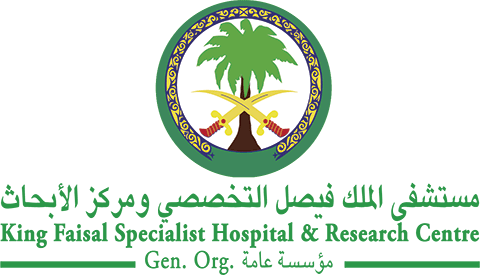Abstract
Sickle Cell Disease (SCD) is a hereditary blood disorder affecting beta hemoglobin. This disorder causes sickle-shaped red blood cells with decreased oxygen-carrying capacity resulting in vaso-occlusive crises. These crises are often treated with analgesics, antibiotics, IV fluids, supplementary oxygen, and allogeneic blood transfusion. This treatment regimen becomes complicated when caring for SCD patients for whom blood transfusion is not an option. Blood transfusion may not be an option due to the patient's religious, personal, or medical concerns and in scenarios where blood is not available for transfusion. Some examples include the patient being a Jehovah's Witness, blood-borne pathogens concerns, or prior history of multiple alloantibodies and severe transfusion reactions. The number of patients in these categories is growing. The patients and their autonomy should be respected during treatment. This review focuses on the currently available modalities to best manage this subgroup of SCD patients without blood transfusion, including new professional guidelines and new therapies to reduce the severity of SCD as approved by the Food and Drug Administration since 2017.
Recommended Citation
Tabiti, Bukky F.; Ozawa, Sherri; Mian, Arooj; Suri, Megha; Yates, Haley L.; and Hsu, Lewis L.
(2022)
"Managing Sickle Cell Disease in Patients for Whom Blood Transfusion Is Not an Option,"
Hematology/Oncology and Stem Cell Therapy: Vol. 16
:
Iss.
3
, Article 10.
Available at: https://doi.org/10.56875/2589-0646.1044
Creative Commons License

This work is licensed under a Creative Commons Attribution-Noncommercial-No Derivative Works 4.0 License.
Included in
Cancer Biology Commons, Hematology Commons, Oncology Commons

